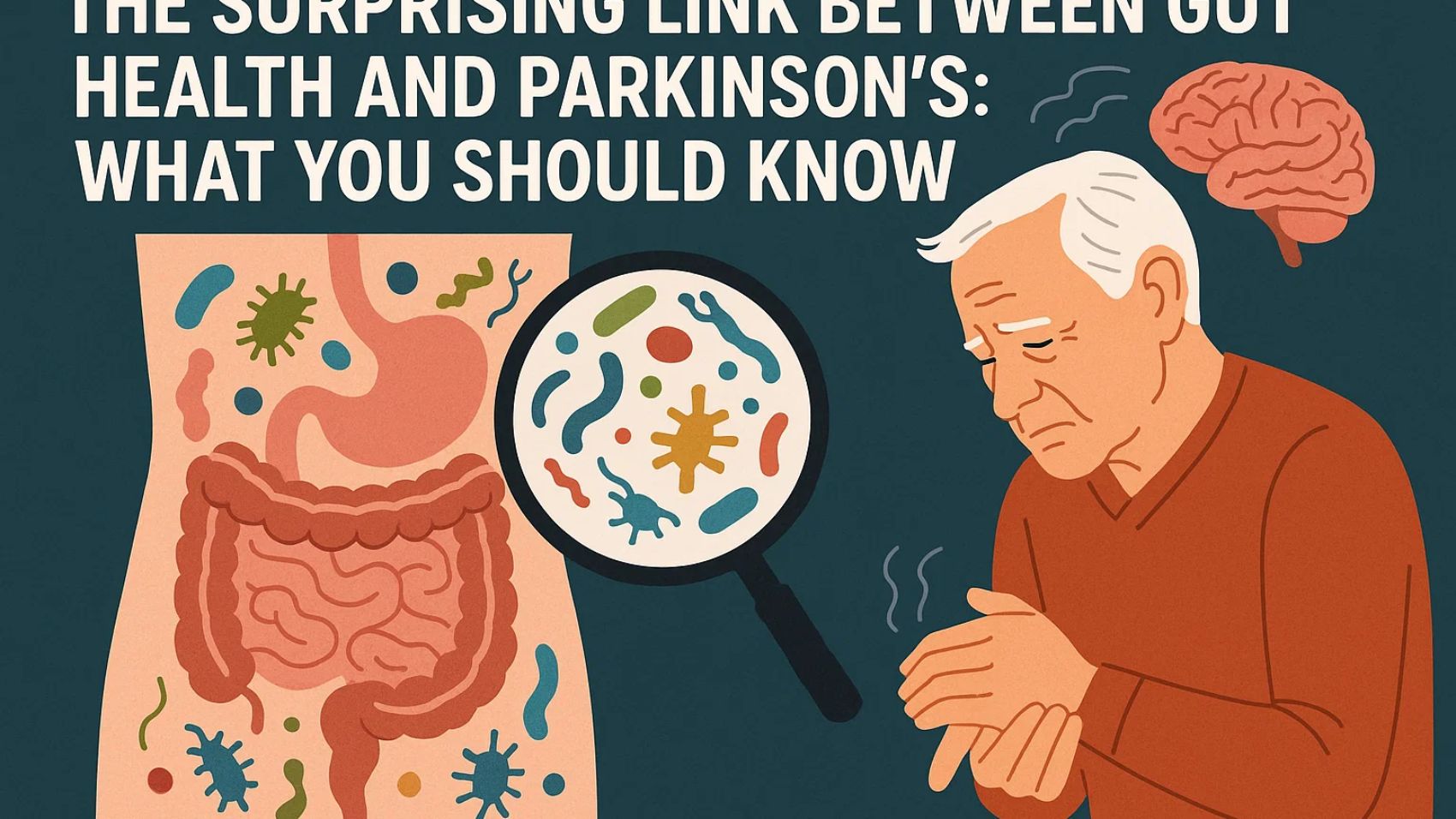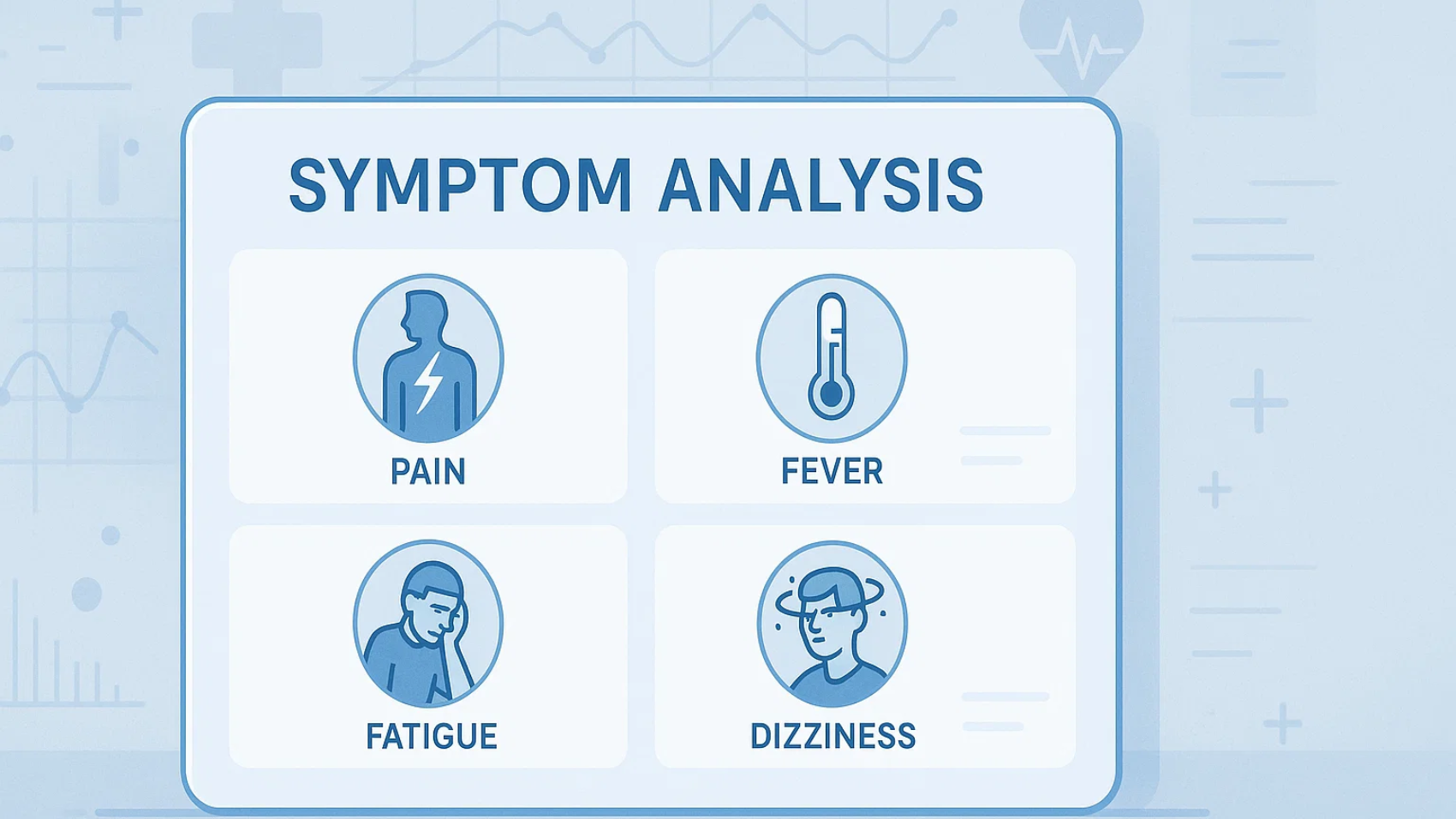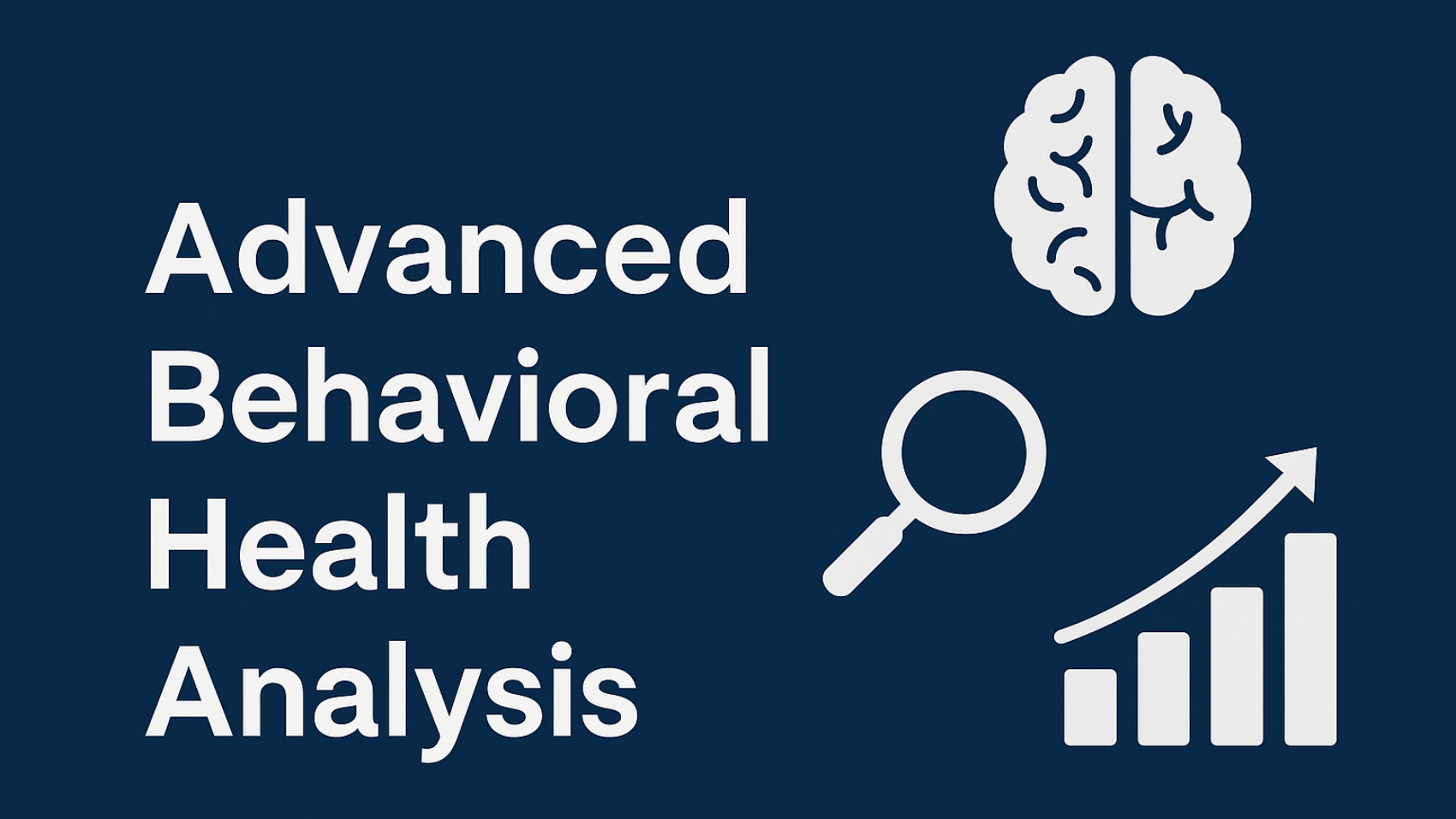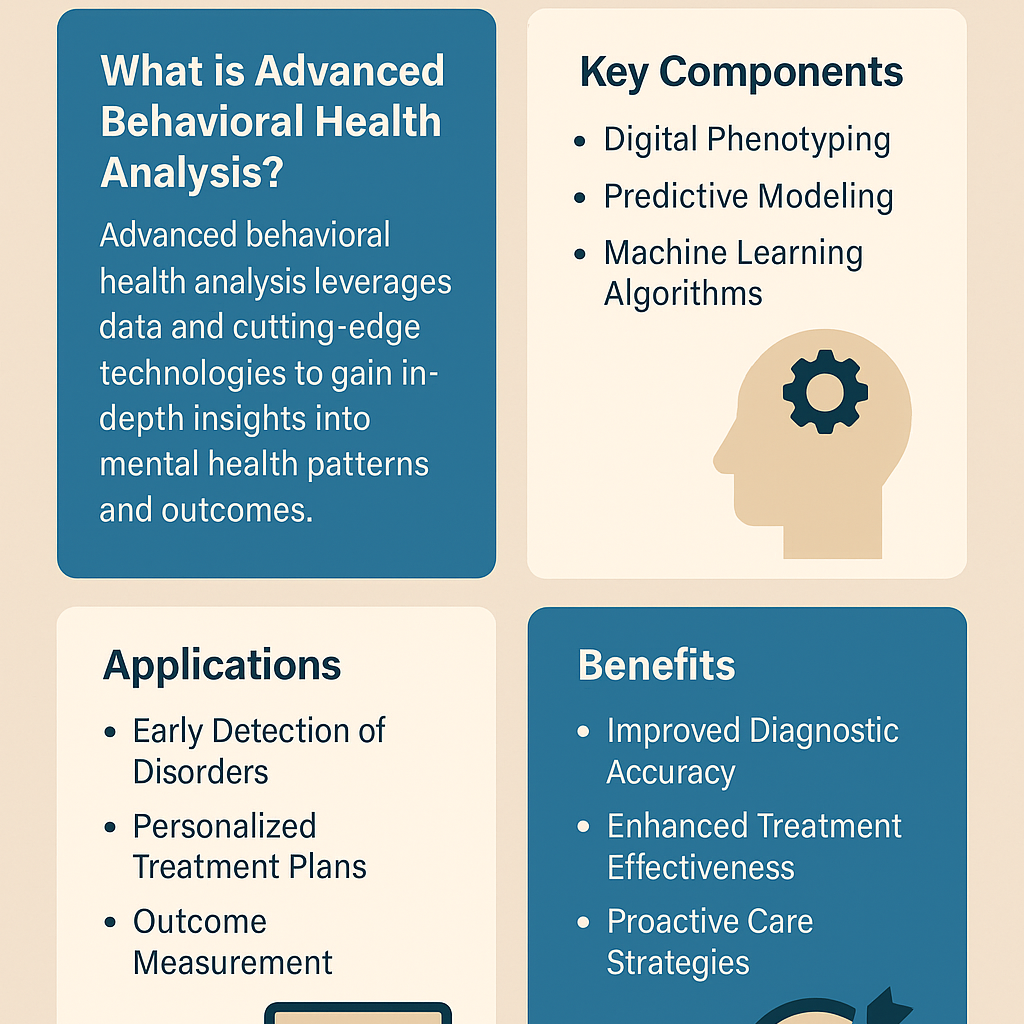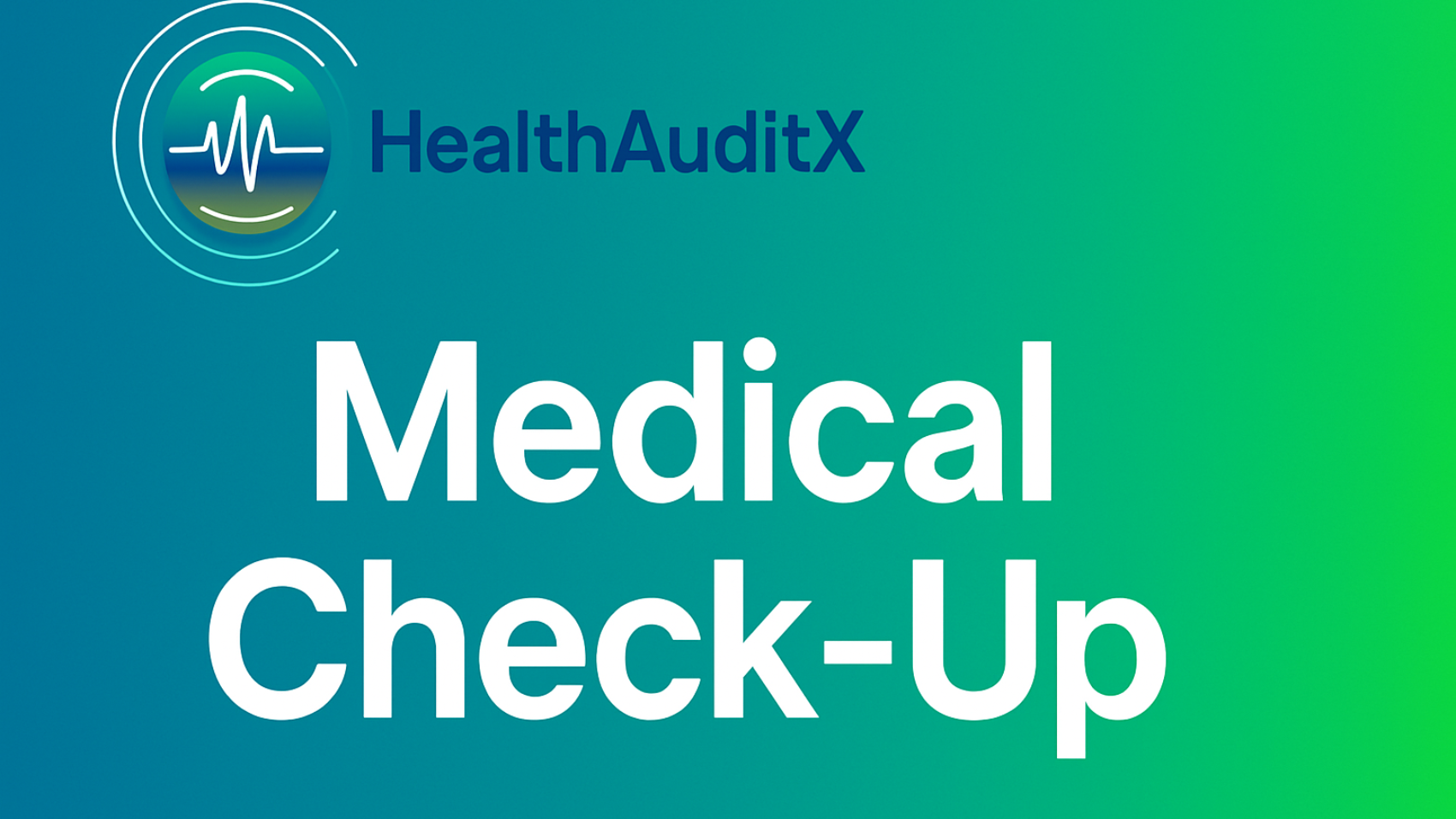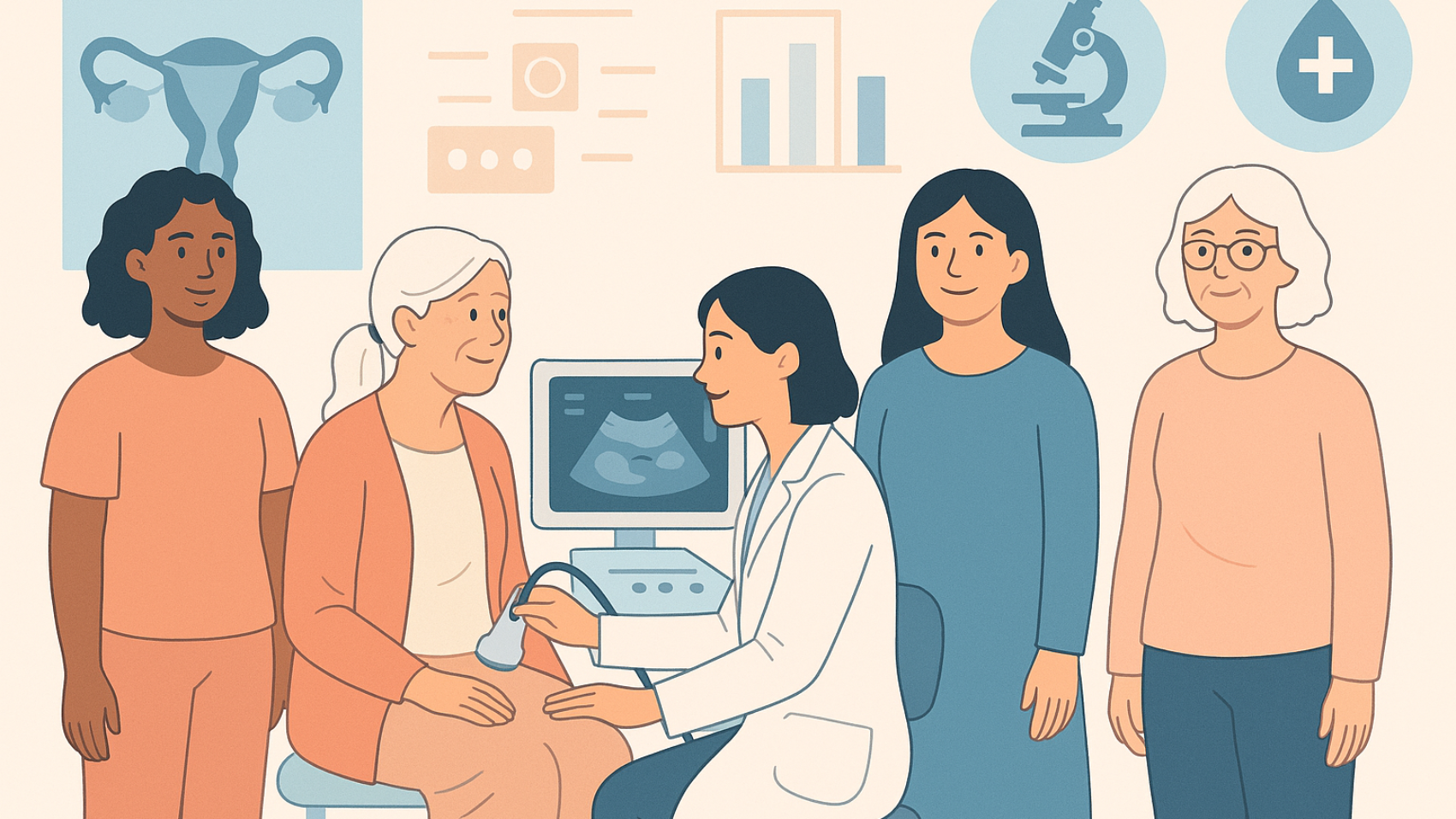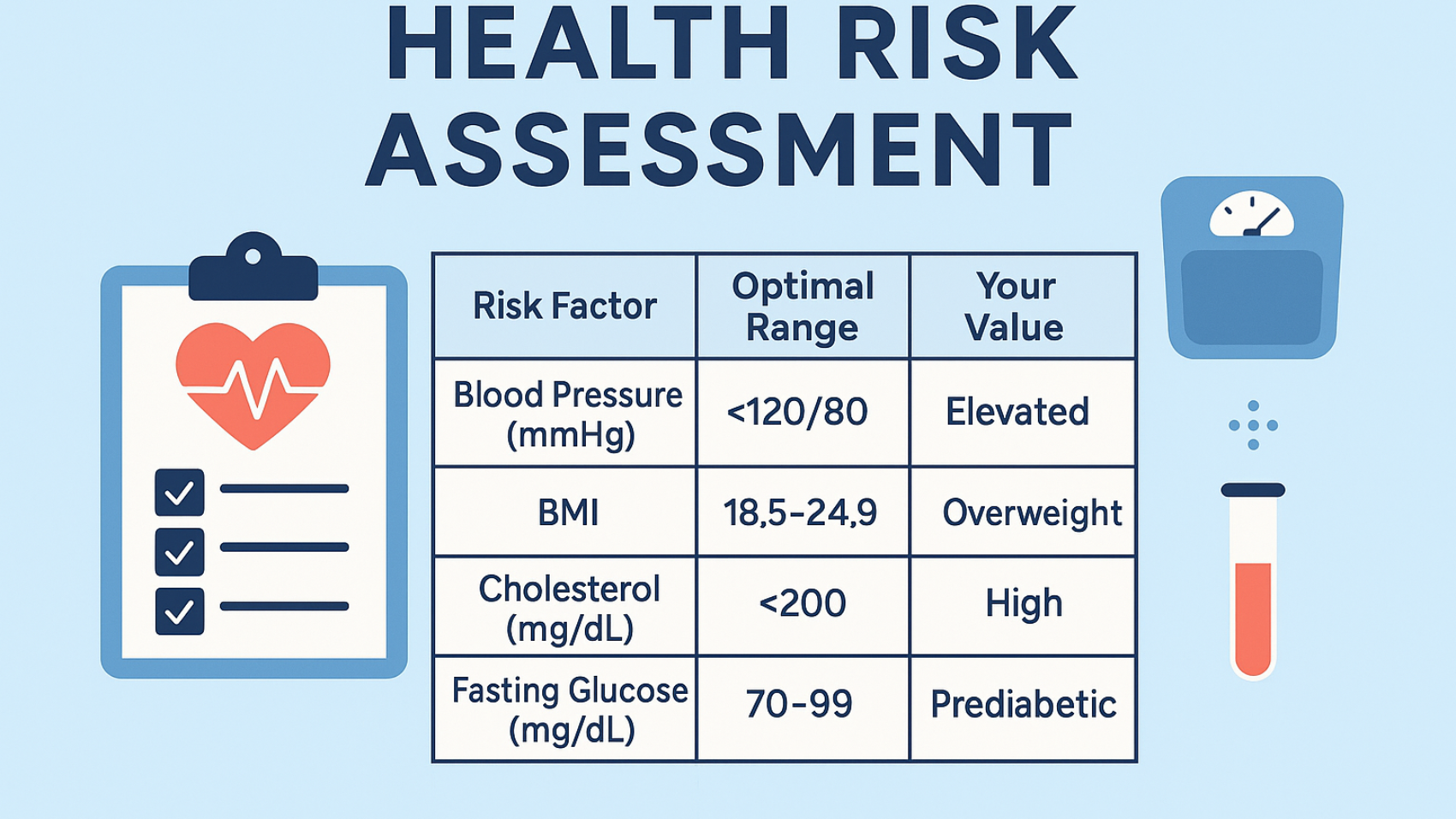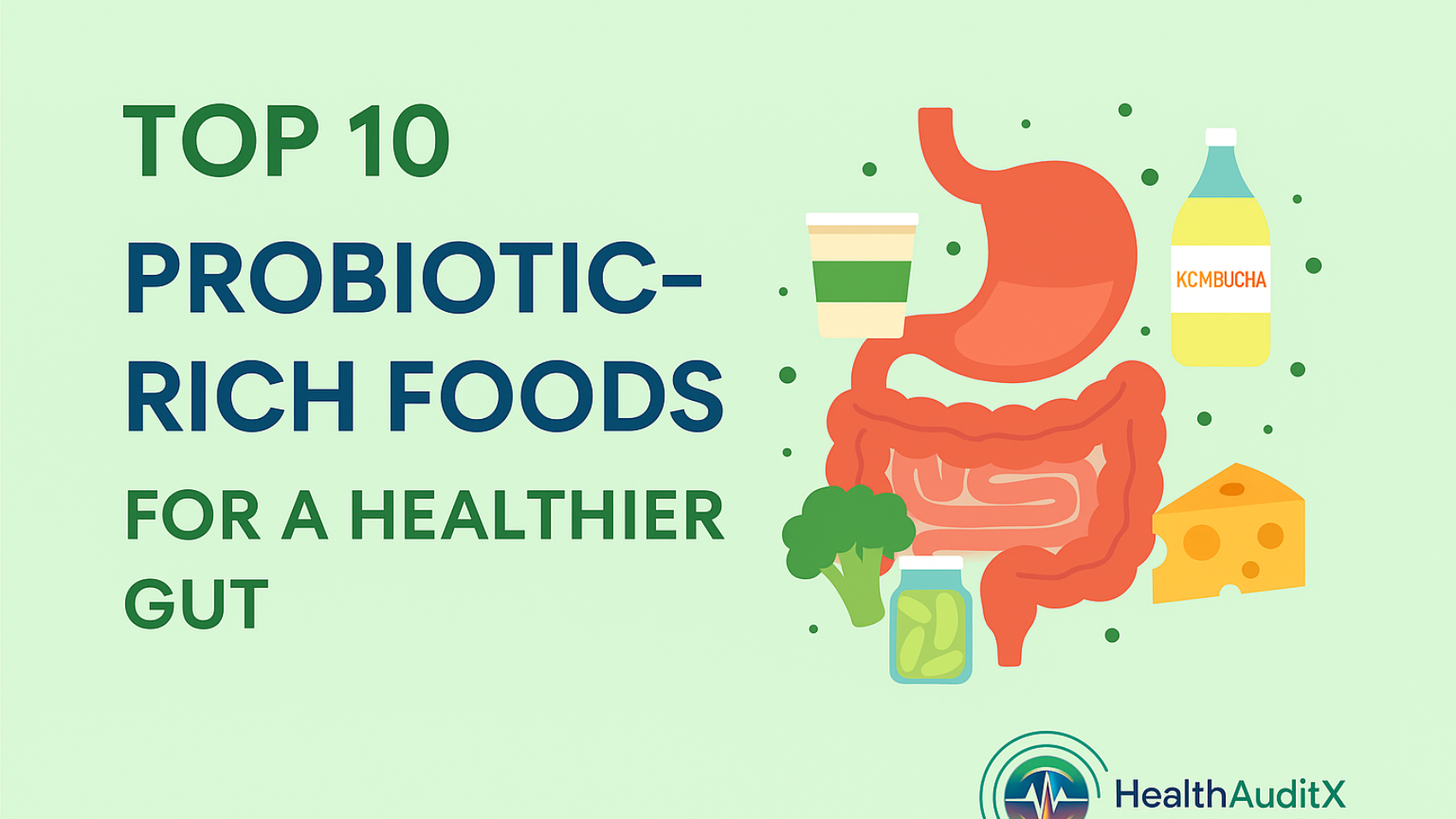Caring for a loved one can be overwhelming, especially when doctors and nurses use unfamiliar medical jargon. Understanding common medical terms empowers you to make informed decisions and communicate effectively with healthcare providers. When a doctor says your parents have tachycardia or need an EKG, do you know what that means? Nearly 9 in 10 U.S. adults struggle with health literacy, and only about 12% have truly proficient health literacy skills. In practice, this gap can lead to confusion or missed warnings. For example, one study found only 29% of people knew “bugs in the urine” meant a urinary infection, and just 9% understood the word febrile (fever) – almost no one understood “occult infection” (2%). These misunderstandings can directly affect care. Limited health literacy has been linked to worsened health outcomes and even medical errors.
As a caregiver, you don’t need to become a doctor, but learning key terms can make a big difference. This guide breaks down essential vocabulary, practical tips, and real-life examples so you feel confident in any medical setting. We’ll define terms in plain language (often in Q&A boxes), share caregiver case studies, and even give you “Top 10” cheat sheets of abbreviations and abbreviations. Where possible, we link to deeper guides on prefixes, suffixes, and root words to help you decode even the toughest terms (see Prefix Power, Suffix Mastery, and Root Word Explorer below). By the end, you’ll have the tools to advocate for your loved one and act with confidence and empathy.
Why Understanding Medical Terms Matters
Imagine hearing the doctor say, “Your mother’s hypertension is under control, but watch for signs of tachycardia.” If “hypertension” and “tachycardia” mean nothing to you, you may not know that she has high blood pressure and a fast heartbeat. It’s easy to feel lost. Yet learning just a few basics can empower you. Research shows doctors often assume patients understand jargon, but patients frequently misunderstand or guess the opposite meaning. For example, 80% of people knew an “unremarkable chest X-ray” is good news, but only 21% realized the phrase “your X-ray is impressive” was bad news. When caregivers explain terms clearly or ask questions, everyone does better. Care teams can help only if they know you understand, so it’s vital to speak up about any confusion.
💡 Caregiver Tip: Never hesitate to ask healthcare providers to explain a word. It’s part of their job to ensure you understand. Phrases like “could you explain what that means?” or “in plain language, please” are completely appropriate. Always remember: you are your loved one’s advocate, so understanding medical language helps you help them.
Case Study: Maria Learns to Decode Jargon
Maria was caring for her 80-year-old father, a diabetic who had just been hospitalized for chest pain. She was overwhelmed by the terms the doctor used: “Your father’s acute coronary syndrome requires monitoring his troponin levels. We’ll start an IV infusion for his hypertension. Watch for dyspnea.” Confused, Maria focused on the word “infusion” and missed that dyspnea meant trouble breathing.
After the appointment, Maria looked up each term: she learned acute coronary syndrome means a serious heart condition (like a heart attack), troponin is a heart enzyme tested in blood, IV means an intravenous line, hypertension means high blood pressure, and dyspnea means shortness of breath. Armed with these definitions, at the next visit she confidently asked about “how high his blood pressure was and if he had any trouble breathing at night.” The nurse was able to explain his ejection fraction (a heart function measure) and showed Maria how to monitor her father’s pulse. Maria’s understanding ensured her dad got timely care. She now always asks, “Can you explain that term?” so she never misses critical information.*
Maria’s story shows how even a few misunderstood words can create worry. Once she learned the terms, her confidence grew – and so did her father’s safety. You can do the same. Below are answers to common questions to help you decode medical terms quickly.
Common Medical Terms (Q&A Style)
What is tachycardia? Tachycardia means a rapid heart rate. In adults, a resting heart rate over 100 beats per minute is generally called tachycardia. It can be due to stress, fever, dehydration, heart conditions, or other causes. (In contrast, bradycardia is a slow heart rate.) Tachycardia is often a symptom, so doctors will ask what else you feel (like dizziness or racing). If your loved one’s report says “sinus tachycardia,” it usually means the heartbeat is fast but coming from the heart’s normal electrical pathway.
What is bradycardia? Bradycardia is the opposite of tachycardia: it means a slow heart rate (below about 60 beats per minute at rest). Some people (like athletes) have naturally low rates and feel fine. But very slow rates can cause fatigue, lightheadedness, or fainting. If you see “bradycardia,” the caregiver should check if there are symptoms or if the person is on a medication that lowers the heart rate.
What is hypertension? Hypertension is high blood pressure. It doesn’t always cause obvious symptoms, which is why it’s often called a “silent” condition. Normal blood pressure is around 120/80 mmHg; hypertension is typically when it stays above 130/80. Doctors monitor it because long-term high pressure can strain the heart and organs. If the medical chart says “HTN,” that’s just the abbreviation for hypertension.
What is hypotension? Hypotension is low blood pressure (opposite of hypertension). It can cause dizziness or fainting if blood flow to the brain drops. A doctor might note hypotension if numbers like 90/60 appear. In caregiving, watch for shakiness or light-headedness when standing up.
What is hypoglycemia? Hypoglycemia means low blood sugar. In a diabetic patient, it can occur if they skip a meal or take too much insulin/medication. Symptoms may include sweating, confusion, irritability, or weakness. It’s critical to treat right away (e.g., giving juice or glucose). Charts often list a number like “BS 55”, meaning blood sugar 55 mg/dL (which is low).
What is dyspnea? Dyspnea (pronounced “disp-nee-uh”) means shortness of breath or difficulty breathing. It’s a common medical term for when someone feels they can’t get enough air. This can happen with lung conditions, heart failure, asthma, or pneumonia. If a doctor notes “dyspnea on exertion,” it means the patient gets breathless with activity.
What is edema? Edema means swelling caused by excess fluid trapped in the body’s tissues. For example, ankle edema means the ankles are puffy (common in heart or kidney problems). If your loved one’s legs or feet look swollen, and the chart notes “pedal edema,” that’s what it refers to. It usually isn’t painful, but it can signal underlying conditions.
What is sepsis? Sepsis is a serious body-wide response to infection. It can happen when an infection (like pneumonia or a wound infection) overwhelms the body’s defenses. You might hear terms like “septic shock,” which is very dangerous. Early sepsis signs include fever, fast heart rate (tachycardia), rapid breathing, confusion, and low blood pressure. Caregivers should learn if their patient has any infection history to catch sepsis early.
Each of these definitions is simplified, but knowing them sets a strong foundation. If you come across other terms, try breaking them down (see the prefix/suffix list below or the related cluster posts). And remember, asking a nurse “What does that mean?” is always okay!
Top 10 Medical Abbreviations Every Caregiver Should Recognize
Medical professionals often use abbreviations to save time. Here are 10 you’re likely to encounter frequently:
- BP – Blood Pressure. (e.g., “BP 120/80” means 120 over 80.) A measure of how hard blood presses against artery walls.
- HR – Heart Rate. (e.g., “HR 75 bpm” means 75 beats per minute.) The pulse.
- HRF – History & Physical. (Sometimes “H&P” or “PH.”) Documentation of the patient’s medical history and exam.
- EKG (or ECG) – Electrocardiogram. A test recording the heart’s electrical activity. (Shows heart rhythm.)
- CPR – Cardiopulmonary Resuscitation. Emergency procedure (chest compressions) for someone whose heart has stopped.
- IV – Intravenous. Anything given through a vein (fluids, medication). “Start an IV” means insert a needle/catheter into a vein.
- NPO – Nil Per Os (Latin for “nothing by mouth”). Indicates no eating or drinking. (Important before surgery or certain tests.)
- PRN – Pro Re Nata (Latin for “as needed”). Often seen on medication orders (e.g., “Tylenol 500 mg PRN for pain” means give when needed).
- DNR – Do Not Resuscitate. Means that in case of cardiac arrest, no CPR should be performed. (Important advance directive – caregivers often help communicate patient wishes.)
- ICU – Intensive Care Unit. The hospital unit for critically ill patients requires constant monitoring. (If the note says “admitted to ICU,” the patient needs high-level care.)
Heads-Up: These abbreviations can look intimidating at first, but once you see them in context, they become second nature. Keep a cheat sheet of any new acronyms you hear and review it regularly.
Linking Roots, Prefixes, and Suffixes (Hub Articles)
Medical words are often built from prefixes, roots, and suffixes. Once you recognize these building blocks, you can often guess a word’s meaning. For example, tachy- means “fast” and -cardia means “heart condition,” so tachycardia is a fast heart rate. We’ve created in-depth guides to learn these building blocks:
- Prefix Power: 50 Prefixes You Must Know – Learn common prefixes (like hyper, hypo, peri-) that appear in many terms.
- Suffix Mastery: 50 Suffixes You Can’t Ignore – Master suffixes (like -itis, -ology, -ectomy) that often describe conditions or procedures.
- Root Word Explorer: Unlock 100+ Roots – Discover roots (like cardio-, gastro, neuro) that identify organs or systems.
By reading these, you’ll feel like a decoding expert. For example, if you know “hepat/o” means liver and “-itis” means inflammation, then hepatitis means liver inflammation. Each of the cluster articles above is written for beginners, with simple explanations and examples. Feel free to click through as you encounter new words!
Caregiver Story: Turning Confusion into Confidence
Case Study: John and the Case of the Rapid Heartbeat. John, age 70, had a history of heart issues. His daughter, Susan, was his primary caregiver. During a telehealth call, the nurse said, “Keep an eye on his heart rate; call us if it’s over 130 bpm. Watch for any syncope.” Susan had to pause. She knew bpm meant beats per minute, but syncope was new to her. Later that day, John felt dizzy (he’d fainted briefly in the past with low blood pressure), and Susan remembered the word. She realized syncope meant fainting. She immediately took his pulse (130 bpm, matching the warning) and called 911. It turned out he had an abnormal rhythm. Susan later said, “If I hadn’t asked what syncope meant and focused only on the number ‘130,’ I might not have acted as quickly.” Now, Susan keeps a list of any new words and their meanings on her fridge.
Actionable Advice: Always write down or bookmark any term you don’t know. After your appointment, look it up in a reliable source or ask the care team to explain it again. Over time, this practice will make unfamiliar terms familiar. You are building a valuable vocabulary that improves care.
Tips for Empowered Caregiving
- Ask for clarification: Whenever a term or instruction isn’t clear, say so. Your doctor or nurse expects questions. You might say, “I’m not sure I understand that term – could you explain it?”
- Use learning aids: Flashcards, apps, or online glossaries can help. Write down new terms and review them. Even keeping a medical dictionary app on your phone can be handy.
- Listen and repeat: After a visit, repeat any instructions in your own words to the provider: e.g., “Just to make sure I heard right, you said aspirin 81 mg daily to lower inflammation?”
- Check official sources: Many health websites and hospital patient portals explain terms in plain language. Reputable sites like the CDC or the Mayo Clinic have patient-friendly definitions.
- Learn the context: Often, the surrounding words help. If the doctor says your mom has osteoporosis, knowing “osteo-” relates to bones makes it easier to guess it’s a bone condition.
- Support network: Join caregiver support groups (online or local). Fellow caregivers often share the same confusion and tips.
Key Takeaway: It’s okay not to know everything. Being a caregiver means you’ll encounter new terms every day. The more curious and proactive you are, the better you can care for your loved one. Each new word learned is a step toward confidence.
Conclusion
Every caregiver faces a steep learning curve. But remember: you’re not alone, and resources are available. By demystifying medical jargon—one prefix, suffix, and term at a time—you become a stronger advocate. Studies show that clear communication reduces anxiety and improves outcomes for patients. So keep this guide handy: refer back whenever you need quick answers or refresher definitions. And don’t forget to explore our linked cluster guides on prefixes, suffixes, and root words for deeper learning.
Above all, approach each appointment with empathy and action in mind. Empower yourself to ask questions, confirm understanding, and speak up on behalf of your loved one. With knowledge and confidence, you can navigate healthcare challenges more easily and provide the compassionate care your family deserves.
Prefix Power: 50 Prefixes You Must Know
Medical words often start with prefixes that set the meaning. A prefix is a word part added to the beginning of a root or base word. It can indicate number, location, time, or quality. By recognizing prefixes, you can often decode unfamiliar terms. For example, “subcutaneous” has the prefix sub- (below) and root cutaneous (skin), so it refers to something under the skin. Many prefixes come from Latin or Greek and are used worldwide in medicine. Learning these 50 common prefixes will help you understand the language of medicine and caregiving:
- a-/an- – Without, not. (e.g. anemia: lack of blood cells; amoral: without moral sense)
- ab- – Away from. (e.g. abduction: moving a limb away from body midline)
- ad- – Toward, near. (e.g. adduction: moving a limb toward the body)
- ante- – Before, in front of. (e.g. antecubital: the area in front of the elbow)
- anti- – Against, opposing. (e.g. antibiotic: drug that fights bacteria; antibody: fights antigens)
- auto- – Self. (e.g. autoimmune: immune response against one’s own body; autonomic nervous system: regulates involuntary functions automatically)
- bi- – Two. (e.g. bilateral: both sides; biannual: twice a year)
- brady- – Slow. (e.g. bradycardia: slow heart rate)
- circum- – Around. (e.g. circumoral: around the mouth; circumcision: cutting around, as in removal of foreskin)
- co-, com-, con- – With, together. (e.g. conjoined twins: twins joined together; community: people together)
- de- – Down, away, removal of. (e.g. decompression: releasing pressure; dehydration: loss of water)
- dia- – Through, across. (e.g. diaphragm: muscle through the thorax; diagonal)
- dis- – Apart, not. (e.g. dislocation: bone moved apart from joint; disease: absence of ease/health)
- dys- – Bad, painful, difficult. (e.g. dysphagia: difficulty swallowing; dysfunction: poor function)
- ecto- – Outside, external. (e.g. ectoderm: outer cell layer in embryo; ectoparasite: parasite living on skin)
- endo- – Within, internal. (e.g. endocardium: inner lining of the heart; endocrine: secreting internally into blood)
- epi- – Upon, above. (e.g. epidermis: outer layer of skin; epigastric: above the stomach)
- eu- – Good, normal. (e.g. euthyroid: normal thyroid function; eupnea: normal breathing)
- ex-, e- – Out of, from. (e.g. exhale: breathe out; excision: cutting out)
- extra- – Outside of, beyond. (e.g. extracellular: outside the cell; extrauterine: outside the uterus)
- hetero- – Different. (e.g. heterosexual: attraction to opposite sex; heterozygous: two different alleles)
- homo- – Same. (e.g. homogeneous: of the same kind; homozygous: two identical alleles)
- hyper- – Over, above normal, excessive. (e.g. hypertension: high blood pressure; hyperglycemia: high blood sugar)
- hypo- – Under, below normal, deficient. (e.g. hypoglycemia: low blood sugar; hypothermia: low body temperature)
- intra- – Within. (e.g. intravenous: within a vein; intramuscular: within a muscle)
- iso- – Equal, same. (e.g. isometric: same measurement; isolate)
- macro- – Large. (e.g. macrocyte: unusually large red blood cell; macromolecule: large molecule)
- micro- – Small. (e.g. microscope: instrument to see small objects; microorganism: tiny organism)
- mono- – One, single. (e.g. monotherapy: treatment with one drug; mononucleosis: infection affecting monocytes)
- multi- – Many. (e.g. multicentric: having multiple centers; multiple sclerosis: many hard plaques)
- oligo- – Few, scanty. (e.g. oligouria: very little urine output; oligomeros: oligopoly in market)
- osteo- – Bone. (e.g. osteoarthritis: joint inflammation involving bone; osteoblast: bone-forming cell)
- myo- – Muscle. (e.g. myocardium: heart muscle; myopathy: muscle disease)
- neur(o)- – Nerve. (e.g. neurology: study of nerves; neuritis: nerve inflammation)
- hemo-, haemo- – Blood. (e.g. hemoglobin: blood protein; haemopoiesis: blood cell formation)
- cephal(o)- – Head. (e.g. cephalalgia: headache; cephalic: about head)
- pre- – Before. (e.g. preoperative: before surgery; precordial: area in front of heart)
- post- – After. (e.g. postoperative: after surgery; postpartum: after childbirth)
- peri- – Around. (e.g. pericardial: around the heart; perianal: around the anus)
- sub- – Under, below. (e.g. subcutaneous: under the skin; subway: beneath way)
- supra- / super- – Above, excessive. (e.g. suprapubic: above the pubic bone; superinfect: add on infection)
- tachy- – Fast. (e.g. tachycardia: fast heart rate; tachynea: rapid breathing)
- pseudo- – False. (e.g. pseudoanemia: false diagnosis of anemia; pseudocyst: false cyst)
- hemi- – Half. (e.g. hemiplegia: paralysis of half the body; hemisphere: half of a sphere)
- tri- – Three. (e.g. tricycle: three-wheeled vehicle; tricyclic: three-ring structure)
- quadri- – Four. (e.g. quadriplegia: paralysis of all four limbs; quadriple)
- pan- – All. (e.g. pancreas: “all flesh” (historic term); pandemic: disease all over the people/world)
- glyco- – Sugar. (e.g. glycogen: stored sugar in liver; glycouria: sugar in urine)
- thermo- – Heat. (e.g. thermometer: measures temperature; thermotherapy: heat treatment)
Each of these prefixes appears in dozens of medical terms. Over time, you’ll recognize them and unlock many word meanings. For example, knowing “hyper-” and “-glycemia” helps you understand hyperglycemia (too much blood sugar). Bookmark or print this list for quick reference — and watch out for prefixes like “a-,” “peri-,” “sub-,” etc., especially in hospital notes and doctor discussions.
Suffix Mastery: 50 Suffixes You Can’t Ignore
Suffixes are word endings that often describe a condition, procedure, or characteristic. Knowing them can clarify what a medical term is about. For instance, -itis usually means inflammation, and -ectomy means surgical removal. Here are 50 common suffixes used in medical terminology, along with their meanings and examples:
- -a – Noun ending. (e.g. cyanoderma – condition of bluish skin)
- -ac – Pertaining to. (e.g. cardiac – pertaining to the heart)
- -al – Pertaining to. (e.g. duodenal – pertaining to the duodenum; medial – pertaining to the middle)
- -algia – Pain. (e.g. neuralgia – nerve pain; gastralgia – stomach pain)
- -algesia – Sensitivity to pain. (e.g. analgesia – absence of pain sensation; hyperalgesia – increased pain sensitivity)
- -ary – Pertaining to. (e.g. pulmonary – pertaining to lungs; renal – pertaining to kidneys)
- -ar – Pertaining to. (e.g. ventricular – pertaining to a ventricle of the heart; ocular – pertaining to the eye)
- -ate – To make, do. (e.g. mediate – to bring about; infiltrate – to pass into or through)
- -emia – Blood condition. (e.g. anemia – low red blood cell count; hyperglycemia – high blood sugar)
- -ectomy – Surgical removal of. (e.g. appendectomy – removal of the appendix; mastectomy – removal of a breast)
- -genesis – Formation, origin. (e.g. osteogenesis – formation of bone; carcinogenesis – development of cancer)
- -genic – Producing, causing. (e.g. carcinogenic – cancer-causing; pyogenic – producing pus)
- -gram – Record, writing. (e.g. electrocardiogram (EKG) – heart’s electrical record; mammogram – breast X-ray image)
- -graphy – Process of recording, using an instrument. (e.g. mammography – process of taking a mammogram; angiography – imaging blood vessels)
- -itis – Inflammation. (e.g. tonsillitis – inflammation of the tonsils; arthritis – joint inflammation)
- -logy – Study of. (e.g. biology – study of life; neurology – study of nerves)
- -logist – One who studies or treats. (e.g. biologist – one who studies life; cardiologist – heart specialist)
- -lysis – Breakdown, destruction. (e.g. dialysis – removal of waste from blood; electrolysis – chemical decomposition by electricity)
- -lytic – Destruction, breakdown. (e.g. keratolytic – agent that destroys hardened skin; bacteriolytic – that which destroys bacteria)
- -mania – Madness, obsession. (e.g. kleptomania – compulsion to steal; pyromania – obsession with fire)
- -megaly – Enlargement. (e.g. hepatomegaly – enlarged liver; cardiomegaly – enlarged heart)
- -meter – Instrument for measuring. (e.g. thermometer – measures temperature; audiometer – measures hearing)
- -metry – Process of measuring. (e.g. optometry – eye measurement (vision exam); spirometry – measuring lung capacity)
- -oid – Resembling, like. (e.g. mucoid – resembling mucus; adenoid – gland-like lymph tissue in throat)
- -oma – Tumor, mass. (e.g. lipoma – fatty tumor; carcinoma – cancerous tumor)
- -opia – Vision, sight. (e.g. myopia – nearsightedness; amblyopia – reduced vision)
- -opsy – Process of viewing. (e.g. biopsy – viewing tissue by taking a sample; autopsy – examining body after death)
- -ory – Pertaining to, characterized by. (e.g. auditory – pertaining to hearing; respiratory – pertaining to breathing)
- -osis – Condition, usually abnormal. (e.g. fibrosis – condition of fibrous tissue; osteoporosis – porous bone condition)
- -ous – Pertaining to. (e.g. venous – pertaining to veins; perilous – full of risk)
- -pathy – Disease. (e.g. neuropathy – nerve disease; cardiomyopathy – heart muscle disease)
- -penia – Deficiency. (e.g. leukopenia – low white blood cell count; osteopenia – reduced bone density)
- -pexy – Surgical fixation. (e.g. nephropexy – surgical fixation of a kidney; hysteropexy – fixation of uterus)
- -philia – Attraction to, affinity for. (e.g. hemophilia – blood clotting disorder (blood “loves” to bleed); necrophilia – attraction to dead)
- -phobia – Fear of. (e.g. arachnophobia – fear of spiders; agoraphobia – fear of open/public spaces)
- -plasia – Formation, growth. (e.g. hyperplasia – excessive cell growth; neoplasia – new, abnormal growth of cells)
- -plasty – Surgical repair. (e.g. rhinoplasty – surgical repair of the nose; angioplasty – reopening narrowed vessels)
- -plegia – Paralysis. (e.g. hemiplegia – paralysis of one side of the body; paraplegia – paralysis of the legs)
- -pnea – Breathing. (e.g. dyspnea – difficulty breathing; apnea – temporarily stopping breathing)
- -ptosis – Drooping, sagging. (e.g. blepharoptosis – drooping eyelid; nephroptosis – drooping kidney)
- -rrhagia – Bursting forth (of blood). (e.g. menorrhagia – heavy menstrual bleeding; hemorrhagia – general bleeding)
- -rrhaphy – Suturing. (e.g. herniorrhaphy – surgical repair of hernia; neurorrhaphy – suturing nerve)
- -rrhea – Flow, discharge. (e.g. rhinorrhea – nasal discharge; diarrhea – flowing through/loose stools)
- -rrhexis – Rupture. (e.g. arteriorrhexis – rupture of an artery; cardiorrhexis – rupture of heart wall)
- -scope – Instrument for viewing. (e.g. endoscope – tool to view inside the body; otoscope – ear viewing instrument)
- -scopy – Process of viewing. (e.g. colonoscopy – viewing colon; laryngoscopy – viewing larynx)
- -stasis – Stopping, controlling. (e.g. hemostasis – stopping bleeding; venostasis – slow blood flow in vein)
- -stomy – Creating an opening. (e.g. tracheostomy – opening in windpipe; colostomy – opening colon to surface)
- -trophy – Nourishment, growth. (e.g. hypertrophy – increased cell size (growth); dystrophy – poor nourishment/muscle)
- -tripsy – Crushing. (e.g. lithotripsy – crushing of stones (e.g. kidney stones); neurotripsy – nerve crushing (rare))
- -tomy – Cutting into. (e.g. tracheotomy – cutting into the trachea; phlebotomy – cutting into a vein)
- -ula/-ule – Small. (e.g. macula – small spot on skin/eye; molecule – small mass of atoms)
- -centesis – Surgical puncture to remove fluid. (e.g. amniocentesis – fluid removed from amniotic sac; paracentesis – abdominal fluid removal)
- -desis – Surgical fusion, binding. (e.g. arthrodesis – fusing a joint; pleurodesis – fusing lung lining)
Whenever you see a term ending in one of these suffixes, you can get a big clue about what it means. For example, “arthritis” (arthr- joint + -itis inflammation) becomes obvious as joint inflammation. Keep this list handy as a reference when you read medical documents or hear new terms.
Root Word Explorer: Unlock 100+ Roots
Root words (or combining forms) identify body parts, organs, or processes. They’re the core of medical terms. Combining a root with prefixes and suffixes creates specific meanings. Learning common roots lets you pick up new terms faster. Below is a long list (grouped by category) of 100+ roots you’ll often see in medicine, with brief definitions and examples:
Cardiology (Heart & Blood):
- cardi/o, card-, coro- – Heart. (e.g. cardiology – study of heart; coronary arteries – heart arteries)
- vas/o, angi/o – Vessel. (e.g. vasoconstriction; angiectomy – removal of vessel)
- hem(a)-, hemato-, sanguin(o)- – Blood. (e.g. hematology – study of blood; sanguine fluid)
- erythr(o)- – Red. (e.g. erythrocyte – red blood cell; erythropoiesis – red cell formation)
- leuk(o)- – White. (e.g. leukemia – high white blood cell count; leukocyte – white blood cell)
- thromb(o)- – Clot. (e.g. thrombosis – clot formation; thrombectomy – clot removal)
- phleb(o)-, ven- – Vein. (e.g. phlebitis – vein inflammation; venogram – X-ray of vein)
- arteri(o)- – Artery. (e.g. arteriole – small artery; arteriectasis – arterial dilation)
Respiratory (Lungs & Breathing):
- pneum(o)-, pulmon(o)- – Lung. (e.g. pneumonia – lung infection; pulmonary – relating to lung)
- bronch(i)-, bronch(ia)- – Bronchial tube. (e.g. bronchitis – bronchial inflammation; bronchospasm)
- alveol(o)- – Air sac (alveolus). (e.g. alveolitis – inflammation of alveoli; alveolectomy – removal of an alveolus)
- trache(o)- – Windpipe. (e.g. tracheostomy – opening in windpipe; tracheotomy – incision)
- laryng(o)- – Larynx (voice box). (e.g. laryngitis – voice box inflammation; laryngoscope – instrument to view larynx)
- sinus- – Cavity or channel. (e.g. sinusitis – sinus inflammation; sinus rhythm in ECG)
Digestive (Stomach & GI Tract):
- gastr(o)- – Stomach. (e.g. gastritis – stomach inflammation; gastrectomy – stomach removal)
- enter(o)- – Intestine. (e.g. enteritis – intestinal inflammation; gastroenterology – stomach and intestine)
- col(o)-, colon- – Colon (large intestine). (e.g. colonoscopy – colon exam; colorectal surgery)
- hepatic(o)- – Liver. (e.g. hepaticotomy – liver incision; hepatitis – liver inflammation)
- pancreat(o)- – Pancreas. (e.g. pancreatitis – pancreas inflammation; pancreatic enzyme)
- enteric- – Intestine. (e.g. enteric coating – dissolves in intestine)
- gastro- – Stomach. (alternate for gastr- as above)
Nervous System:
- neur(o)-, neur- – Nerve. (e.g. neurology – nerve study; neuropathy – nerve disease)
- encephal(o)- – Brain. (e.g. encephalitis – brain inflammation; encephalogram)
- encephal- – Brain (as above)
- myel(o)- – Spinal cord or bone marrow. (e.g. myelitis – cord inflammation; myelogram)
- psych(o)- – Mind. (e.g. psychology – study of mind; psychosis – mental disorder)
- gli(o)- – Glial cells (support cells in CNS). (e.g. glioma – tumor from glial cells)
- pyr(o)- – Fire, heat. (e.g. pyrexia – fever (heat); pyrogen – heat-producing)
- dendr(o)- – Tree-like (dendrite structure). (e.g. dendritics – branch-like projections of neurons)
Musculoskeletal:
- oste(o)- – Bone. (e.g. osteoporosis – porous bones; osteotomy – bone cutting)
- chondr(o)- – Cartilage. (e.g. chondritis – cartilage inflammation; chondrogenic – cartilage origin)
- arthr(o)- – Joint. (e.g. arthritis – joint inflammation; arthroplasty – joint repair)
- my(o)- – Muscle. (e.g. myocardial – heart muscle; myositis – muscle inflammation)
- myel(o)- – Bone marrow/spinal cord (again, as above)
- synovi(o)- – Synovial membrane (joint lining). (e.g. synovitis – joint lining inflammation)
- skelet- – Skeleton. (e.g. skeletal muscle; skeletal system)
- ten/o, tendin(o)- – Tendon. (e.g. tendinitis – tendon inflammation; tenotomy – tendon cutting)
Integumentary (Skin, Hair, Nails):
- derm(at)-, cutan(e)- – Skin. (e.g. dermatitis – skin inflammation; cutaneous – relating to skin)
- trich(o)- – Hair. (e.g. trichotomy – hair cutting; trichitis – hair follicle inflammation)
- onych(o)- – Nail. (e.g. onychomycosis – nail fungus; paronychia – inflammation around nail)
- sebace(o)- – Oil (sebaceous glands). (e.g. sebaceous cyst)
- kerat(o)- – Horny tissue (hair, nails, cornea). (e.g. keratosis – horn-like overgrowth on skin)
Genitourinary:
- nephr(o)-, ren- – Kidney. (e.g. nephrology – study of kidneys; renal – pertaining to kidney)
- urin/o, ur/o – Urine. (e.g. urinary – pertaining to urine; urology – study of urinary tract)
- cyst(o)- – Bladder or sac. (e.g. cystitis – bladder inflammation; cystoscopy – bladder exam)
- urethr(o)- – Urethra. (e.g. urethritis – urethra inflammation; urethroscopy)
- hyster(o)-, metri- – Uterus. (e.g. hysterectomy – uterus removal; endometrium – uterine lining)
- oophor(o)- – Ovary. (e.g. oophorectomy – ovary removal)
- orchid(o)-, test(o)- – Testicle. (e.g. orchiditis – testicle inflammation; testosterone)
- mast/o- – Breast. (e.g. mastectomy – breast removal; mastalgia – breast pain)
- ren/o – Kidney. (same as neph-)
Special Senses:
- ophthalm(o)- – Eye. (e.g. ophthalmology – study of eye; ophthalmitis – eye inflammation)
- retin(o)- – Retina (eye). (e.g. retinitis – retina inflammation; retinopathy – retina disease)
- oto-, aur(i)- – Ear. (e.g. otolaryngology – ear/nose/throat specialty; aural – relating to the ear)
- nas(o)- – Nose. (e.g. nasopharynx – upper throat behind nose; nasal – relating to nose)
- rhin(o)- – Nose. (e.g. rhinoplasty – nose job; rhinitis – nasal inflammation)
- labyrinth(o)- – Inner ear. (e.g. labyrinthitis – inner ear inflammation)
Others & General:
- glyc(o)- – Sugar. (e.g. glycemia – blood sugar; glycogen – stored glucose)
- lip(o)- – Fat. (e.g. lipoma – fatty tumor; lipase – fat-digesting enzyme)
- leuk- – White. (as above in blood)
- plasm- – Formed material. (e.g. plasma – blood component; cytoplasm)
- pyr- (pyrex-), febr- – Fever/Heat. (e.g. pyrexia – fever; febrile – feverish)
- gloss(o)-, lingu(o)- – Tongue. (e.g. glossitis – tongue inflammation; lingual – relating to tongue)
- dactyl(o)- – Finger or toe. (e.g. polydactyl – many fingers; dactylogram – fingerprint record)
- anthr(o)- – Joint. (rare root form for joint, e.g. anthropoids – joint foot bones)
- pachy- – Thick. (e.g. pachyderm – thick-skinned animal; pachymeninges – thick meninges layer)
- lept(o)- – Thin. (e.g. leptomeninges – thin meninges layer)
- phag- – Eat. (e.g. phagocyte – cell that eats; dysphagia – difficulty swallowing (eating))
- phagia – Eating. (similar to phag-)
- odon(t)- – Tooth. (e.g. odontitis – tooth inflammation; odontology – study of teeth)
- aden(o)- – Gland. (e.g. adenitis – gland inflammation; adenoma – gland tumor)
- gland- – Gland. (same as aden)
- gonad- – Gonad (sex gland). (e.g. gonadogenesis – development of sex organs)
- blephar(o)- – Eyelid. (e.g. blepharitis – eyelid inflammation)
- somat(o)-, corpor-, corpus – Body. (e.g. somatic – bodily; corporeal – of the body; corpus luteum – “yellow body” in ovary)
- ton(o)-, tens(o)- – Tension, pressure. (e.g. hypertonia – high muscle tone; tenometer – pressure instrument)
- phren(o)-, diaphragmat- – Diaphragm (mind/chest muscle). (e.g. phrenectomy – diaphragmatic incision)
- lymph- – Lymph (fluid or nodes). (e.g. lymphoma – lymph node tumor; lymphatic)
- septic- – Infection. (e.g. septicemia – infection in the blood; aseptic – without infection)
- kinesi(o)- – Movement. (e.g. kinesitherapy – movement therapy)
- tax(o)-, taxis – Arrangement, coordination. (e.g. ataxia – lack of coordination; taxonomy – classification)
- necr(o)- – Death. (e.g. necrosis – tissue death; necrophilia – attraction to dead bodies)
- atr(io)- – Atrium (heart chamber). (e.g. atrial fibrillation – atrium quivers)
- ventricul- – Ventricle (heart or brain chamber). (e.g. ventricular – relating to ventricle)
- vascul- – Vessel. (similar to angi/o as above)
- algesi-, alge-, -algia – Pain (again).
There are many more specialized roots, but this list covers the ones you’ll bump into most often. For example, knowing “hepat(o)-” (liver) and “-itis” (inflammation) immediately tells you hepatitis is liver inflammation. Or if you see “dermat(o)-” and “-algia”, you know “dermatalgia” means skin pain. Over time, practice by breaking words apart: prefix + root + suffix. This method works almost like a puzzle. And for any new root you see, adding it to a “flashcard” study list can reinforce your learning.


